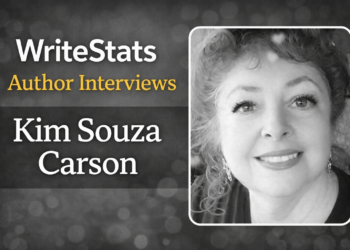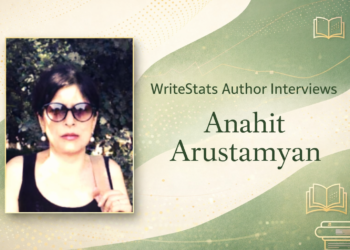Every year, thousands of aspiring writers pour their hearts into manuscripts, hoping to land a traditional publishing deal. However, the harsh reality is that only 1–2% of submissions actually make it to print. That can feel disheartening but here’s the good news: you can learn how to beat publishing odds with the right strategies, preparation, and persistence. This blog explains in detail why the odds are low and what you can do to give your manuscript a better chance.
📊 Why the Odds Are So Low in Traditional Publishing
You need to know what you’re up against before you can learn how to beat the odds in publishing. Every year, traditional publishers get tens of thousands of manuscripts that they didn’t ask for. Most are rejected outright. Why?
- Volume of Submissions: A single large publisher may get over 10,000 manuscripts annually.
- Limited Publishing Slots: Publishers typically release only 50 to 100 new titles per year.
- Risk Aversion: They favor books with proven commercial potential.
- Quality Issues: Many manuscripts are poorly edited, lack originality, or don’t align with market trends.
Even with these challenges, many writers have figured out how to beat the odds in publishing. You can do it too.
✍️ How To Beat Publishing Odds
1. Perfect Your Manuscript Before Submission
First and foremost, an editor or agent will only keep reading if the manuscript grabs them from page one. Therefore, refining your work before submitting it is critical.
Actionable Tip: Invest in developmental editing and use beta readers to gather objective feedback. Also, make your first chapter irresistible, this is often the deciding factor.
When you’re serious about learning how to beat publishing odds, polish becomes non-negotiable.
2. Target the Right Publishers and Agents
Another way to beat publishing odds is to be smart about where you send your work. Don’t send your manuscript to everyone you know. Instead, look for publishers and agents who work in your genre and are open to new ideas.
Actionable Tip: Carefully read their rules for submissions. Making your pitch unique shows that you are professional and greatly increases your chances.
Find agents actively seeking books in your genre: Manuscript Wish List (MSWL)
3. Craft an Irresistible Query Letter and Synopsis
Your query letter is your foot in the door. Learning how to beat publishing odds involves understanding what makes a query work.
Pro Insight: Include strong comparables (“comp titles”), keep it concise, and clearly state why your book matters in today’s market. Also, make your synopsis emotionally engaging and easy to follow.
4. Build Your Author Platform
In today’s industry, a great book often isn’t enough. Publishers want to see if you can also reach readers directly. That’s why learning how to beat publishing odds means building a personal brand.
Actionable Tip: Start a blog, build an email list, or grow your presence on platforms like X or Instagram. Even modest engagement shows you’re invested.
Fact: Authors with established platforms are 50% more likely to get positive responses from agents and editors.
5. Explore Alternative Paths While You Wait
Sometimes the best way to beat publishing odds is to stop waiting and take action yourself. Many bestselling authors started by self-publishing or working with hybrid publishers.
Real-World Example: Andy Weir self-published The Martian before it landed a major book deal and film adaptation.
Actionable Tip: Consider platforms like Kindle Direct Publishing (KDP) to build your audience while querying. Success there can even attract traditional publishers.
Final Thoughts: You Can Beat the Odds
Only 1% to 2% of manuscripts are indeed published traditionally. But you can greatly improve your chances if you have the right attitude and take the right steps. Keep working on it, keep learning, and keep reaching out, no matter if you’re starting or going over it for the tenth time.
Want to give your manuscript the best shot possible?
Explore the data-driven tools and editorial services at Booktips.Co to discover how to beat publishing odds and move your book from draft to deal.










[…] a daily writing habit, an insight we examine more deeply in our earlier research report on why only 1–2% of manuscripts get published and how authors can beat those […]
[…] This shift created a more competitive environment than ever before, confirming what we documented in our earlier report on manuscript acceptance odds: Only 1–2% of manuscripts submitted to publishers or agents are accepted. […]
[…] shows. In fact, only 1–2% of manuscripts ever get published. As we explore in our blog “How To Beat Publishing Odds: Only 1–2% of Manuscripts Get Published”, persistence is one of the most consistent factors separating published authors from those who […]